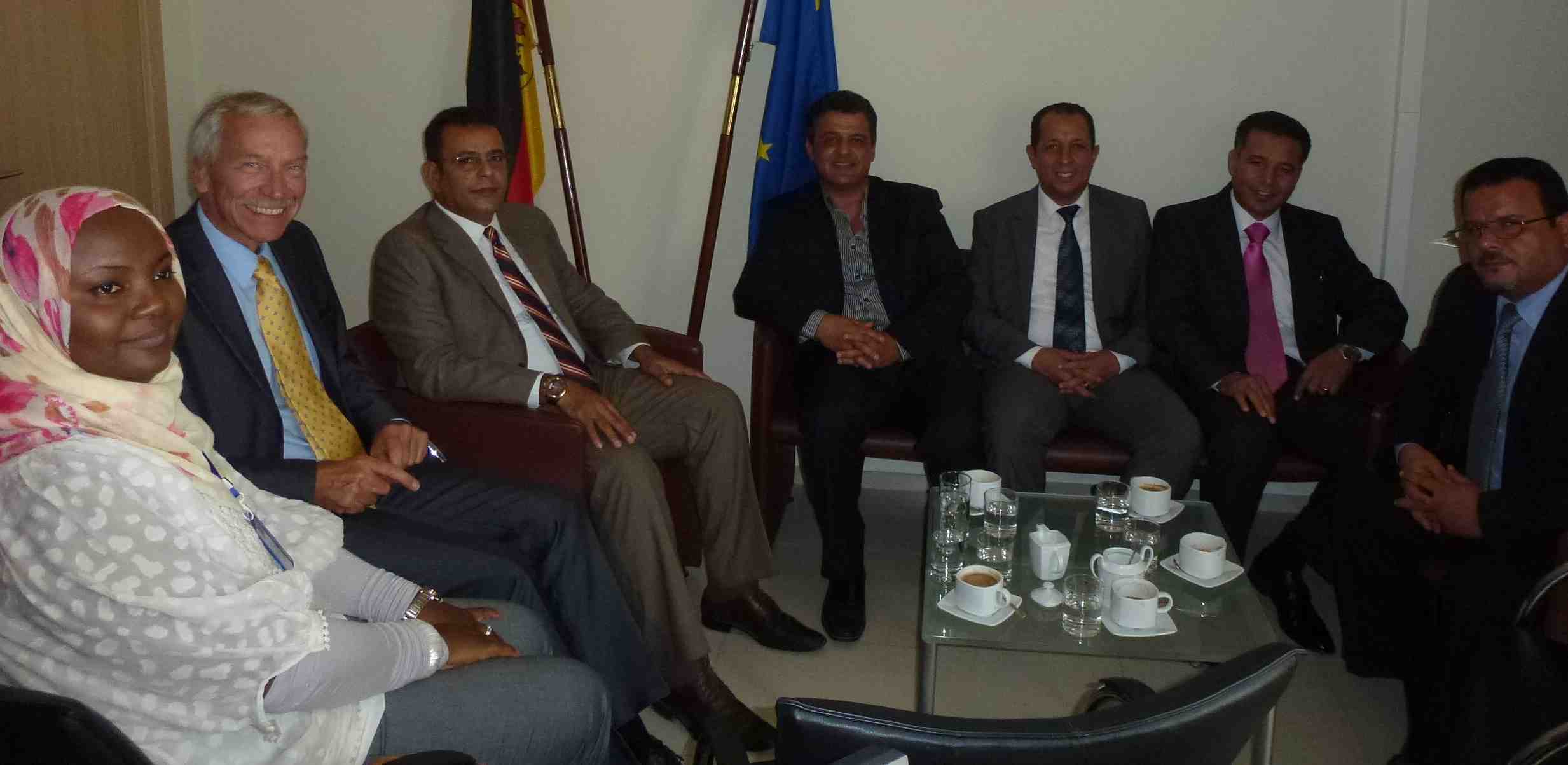Britain said on Thursday it is planning a joint meeting with Libya in the . . .[restrict]spring to help ensure human rights in the country.
There have been a number of allegations by international human rights groups such as Amnesty International and Medecins Sans Frontieres, that some brigades have tortured and killed supporters of the ousted Qaddafi regime. The groups are expected to also attend the conference. It will take place in London.
In a speech to marke the first anniversary to the Libyan revolution British Foreign Secretary William Hague said that Libyans “can be proud of how much they have achieved”, but added that the transitional government of Prime Minister Abdurrahman Al-Kib needed to “take urgent steps to implement commitments made on upholding human rights”.
Hague also said that it to address the allegations from the human rights groups. Nonetheless, he saw Libya’s future as “far brighter” than a year ago.
“The UK shares the ambitions of Libyans for a stable, prosperous country based on respect for fundamental freedoms and human rights,” he said. The country had become, he added, a beacon of hope for peoples around the world still living under brutal dictators.
He said that the work to rebuild Libya is just beginning and there were undoubtedly challenges ahead. “But it is important to remember what has been achieved,” he said. “A brutal tyrant has been overthrown. Libyan assets have been unfrozen and can now be accessed to benefit the Libyan people. The recent publication of the elections law is an important step in preparing for elections in June, marking the transition to an open and democratic era. Civil society is flourishing for the first time in 40 years and people can voice their views freely.”
He urged patience: ” Of course it is to be expected that some will be frustrated with the pace of reform but one year on from the beginning of the revolution, the future of Libya is firmly in the hands of the Libyan people.”
In his speech, Hague added that the UK would be giving a further $1.6 million towards the UN’s Libyan mine clearance efforts. Britian was also helping with a-six month programme to promote women and youth’s participation in the political process as well a national youth conference in Benghazi next month, thereby “helping to build a strong civil society which is critical to Libya’s future”.
Hague further noted that the British “are providing practical expertise to promote the rule of law including strategic advice to the Ministry of Interior, support to the Judicial Police through a prisons reform project and funding for a series of training workshops for Libyan lawyers”.
[/restrict]


